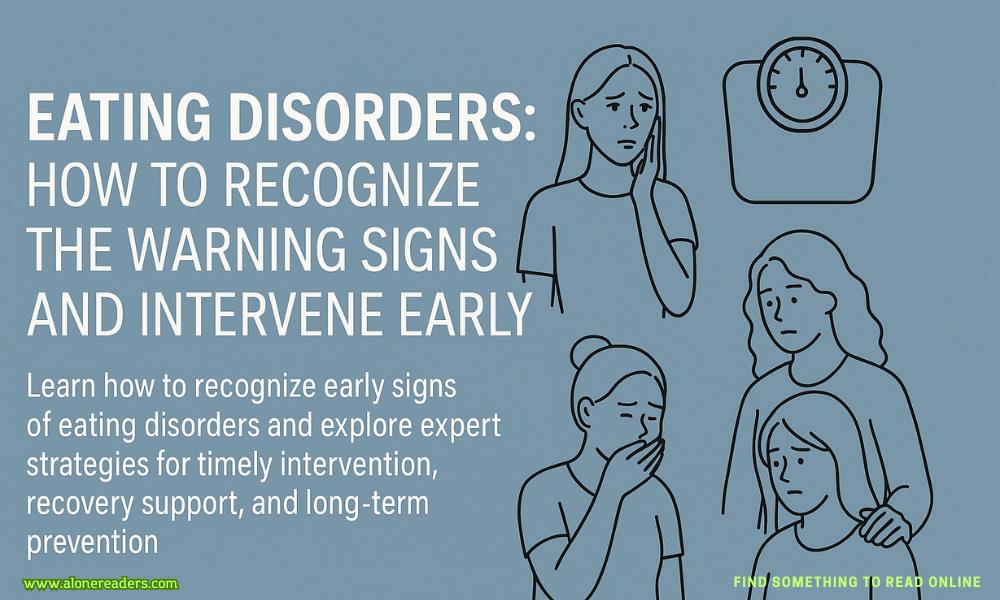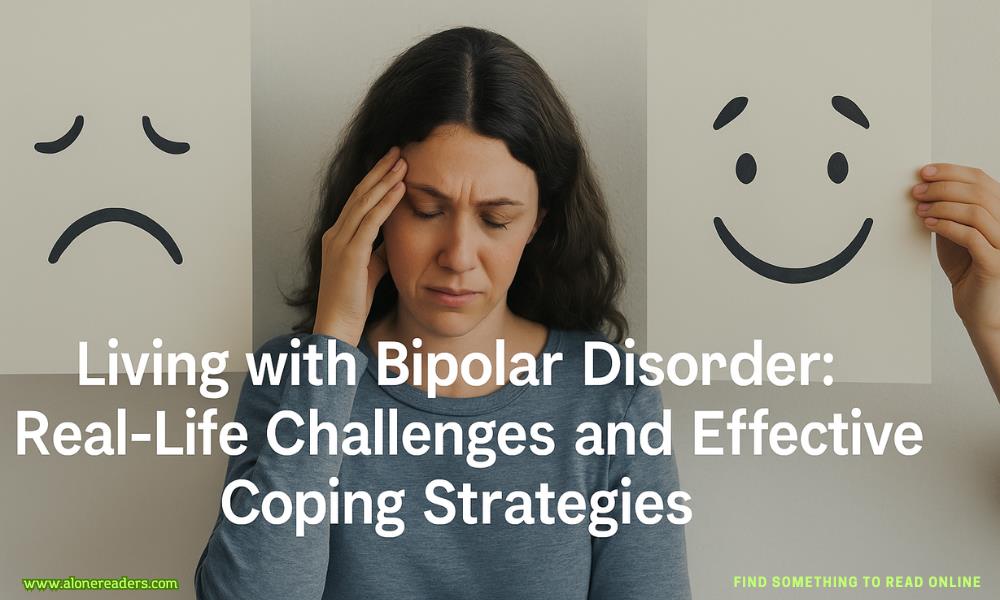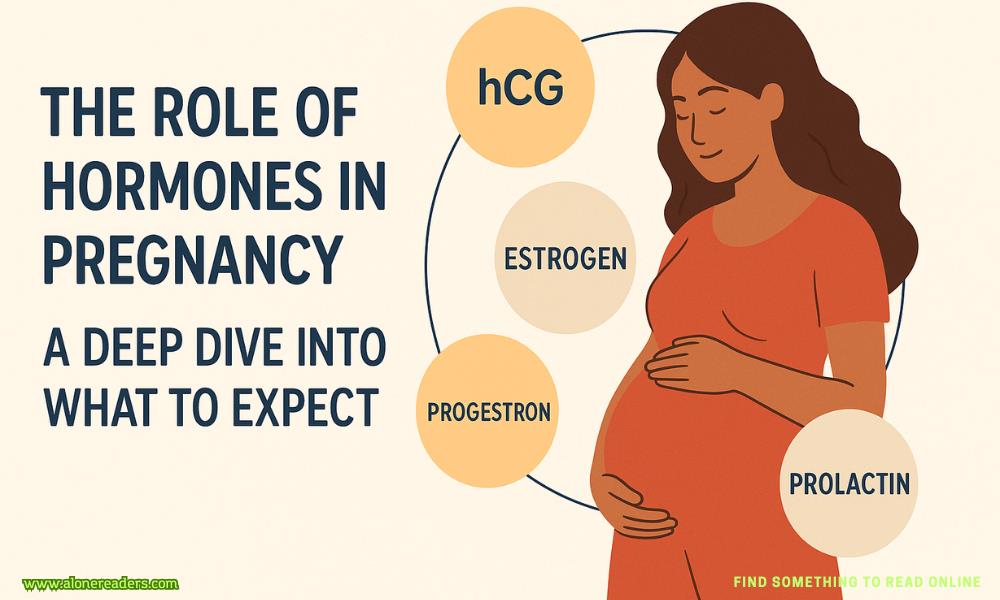Page 113 of Six Wild Crowns
Beyond the light, the king’s advisors stride to the front of the crowd, as though they can shield what is happening from the rest of the audience. Henry mutters a quiet command to two of his guards. The men draw their swords and inch towards the queens.
The sparks between the dancing women sizzle and spit, growing in ferocity as the music reaches its final notes, bathing the musicians in eerie light. And as the last note plays, the dragons above them breathe a long, burning flame into the centre of the room, turning the lantern hanging there into a shower of molten copper. The guards use the climax as cover, moving forward to tear Boleyn from her place in the circle. Seymour tries to pull Boleyn out of the way, but she doesn’t need to. The sparks of the bordweal, of the goddess, rise to protect her. The guards’ armour glows red with heat as they touch Boleyn, and the men are thrown back, cracking against the remnants of the masqued castle.
Silence descends. The queens break apart, and something of the spell of the dance breaks too. The weight of treason settles back on Seymour’s shoulders. Parr scurries to Princess Tudor’s side. In the renewed light of the lantern dragons, the hall looks messy. A draught is flowing in through the open door. And the king is staring with unbridled hatred at the woman Seymour would die for.
Boleyn, what have we done?
CHAPTER FORTY-FIVE
Boleyn
There is a moment, before every storm, where the clouds seem to gather, and pause, and take stock. As though the lightning is choosing where to strike, or the rain where to feed with water. The destruction and the feeding – the two are one. Wyatt told Boleyn that she is the storm, but here in the hall, with the feeling of the sparks and the ringing final note of the harpsichord still prickling her skin, she knows that she is not. Henry is the storm, and it is now only a matter of who he will destroy, and who he will elevate.
The silence that follows the dance is bloated with threat. Boleyn, for the first time in her life, is frozen. But if she does not act now, then Henry will. He will crush her right here in her own castle, and with her all hope of persuading the other queens to unite. She must do something, before Henry’s rage erupts into action.
“Play on!” she commands, clapping her hands towards the musicians in the gallery. Syndony drags the fallen guards out of sight. George, pale and stiff with revelation, clicks his fingers at the waiting servants and more food is carried in: platters of honeydragon meat, cured in sugar; mountains of oysters dripping in seaweed-green butter; cornucopias of fruits from every corner of the world. The acrobats who had been queens change costumes and continue to amaze the crowds.
Gradually, the conversation bleeds once more, and with it Henry’s opportunity to take immediate action against her. But Henry is no longer trying to conceal his anger. He glares at anyone but her from the other side of the hall. Boleyn knows that there is nothing she can say or do to contain it fully. The only power she has is to protect herself and those she loves for a little longer. Seymour plays the part of docile idiot so capably that Boleyn thinks he will believe her when she proclaims her innocence. Cleves knows how to play the game as well – the ever-jovial queen who bends and sways with whatever takes her fancy. Henry will not perceive her as a threat. Boleyn likes her immensely.
There are two who she fears for though. Howard flutters through the hall, aware of what she has done and what she is risking, but not capable of hiding her nerves. She is truly the bird freed from its cage, not knowing how to find sustenance, singing a broken song to the wind. And Wyatt. She thought she had concealed her plans from him well enough to protect him, but of course he suspected. How could he not, knowing her as he does? He shouldn’t have persuaded Parr to join the dance. Henry won’t like that at all. What is more humiliating: his wives joining forces against him or a lower-born man helping them, with all the familiarity that implies?
Unable to do anything else for now, Boleyn must continue her own performance. She keeps a hand lightly on her stomach, a physical reminder that she is protected, for even a rebellious queen cannot be harmed if she is carrying a baby who might be an heir who will in time find his own six consorts to leach. She tries to ignore the guards that shadow her and the other queens. She turns away from the whispers of “Witch” that shimmer around the hall.
At the end of the night, as the guests retire to their rooms, the musicians strike up one final melody.
“Shall we dance, Boleyn?” Henry says behind her, making her jump.
“Of course, my love,” Boleyn says, allowing him to lead her into the centre of the floor.
The song is a slow, mournful tune, perfect for the end of an evening, when tired feet won’t keep up with lively minds andconversation. The flute holds the tune with a harmony that soars above the other instruments.
“I find myself in a conundrum,” Henry says eventually, one hand on Boleyn’s waist, the other gently playing with her hair.
“Oh?”
“Will you help me to find a solution? You have always been so concerned with protecting Elben.”
Boleyn’s body prickles with unwanted desire. She doesn’t understand how she can still want him so badly, when she knows what he is, and how he’s betrayed her. How even now she can recognise the game he’s playing and want to play it with him. But that has always been their way: a love affair founded in games and chases. It has always been what they’ve both thrived on. It’s what makes them the perfect match, and the perfect opponents.
“If you’re not beyond help, my love, then I will always help you.”
Henry laughs, low and, in his own broken way, loving.
“Oh, Boleyn. I think you’ve made my decision for me. I was wondering which of my wives to visit tonight. But you always know just what to say to bring me back to you.”
From that moment on, it is the perfect night. Boleyn lets herself forget everything that has happened, and everything that will happen. They say goodnight to their guests. Boleyn ignores the way Wyatt turns away from her, and the way Mary squeezes her arm as she passes. Princess Tudor watches with steely eyes, and Boleyn forces herself to forget what Aragon said, and what this must seem like to her. She ignores Seymour’s lost gaze and tells herself that the way Cleves spent the evening looking at her is solace enough.
Halfway up the stairs to her chamber, she stops Henry and presses him against the wall. She kisses him, partly because she wants so desperately to have one final tryst with the man she thought he was before he destroys her. He does not respond at first. Perhaps she humiliated him too thoroughly for even one last night of pleasure. Then he lifts her, swinging them around and up a step, almost toppling down the spiral as she wraps her legs around his hips and lets him crush her against the stone. There is no softening, no gentle touching, no easing. By the time they reach her chamber he isalready inside her. Their rage and betrayal is wrapped up in the blind passion of their coupling, the line between love and punishment irrevocably blurred. It is, in its own painful way, blissful. She can still surprise him. She can still hold his attention.
The morning begins bright and hot, the sun’s scorching rays waking Boleyn far earlier than normal. Or maybe it isn’t the sun, but the noise. A soft, mouselike scuffling. Boleyn turns over in bed, reaching for Henry’s body, only to find his space empty. For a moment, she thinks she must have dreamed last night. Then she understands what the noise must be. She sits up in bed, blinking her eyes open against grit. Henry is staring at her. He is rigid, and in his hands is the little glass bottle Syndony had given her to stop her courses.
“Pregnant with my son still?” Henry says, ever so quietly.
Boleyn pulls the bedsheets over her shift.
“How did you find that?”
“A little bird, humble, loyal and true.”
- Lily and the Duke by Carole Mortimer
- Claimed By Daddy by J.L. Quick
- Room One Hundred and Twenty-Five: All Access by Layne Daniels
- Pleasing Him by S.E. Law
- Knocked-Up Bratva Bride by Veda Rose
- A Touch of Fate by Cora Reilly
- Tamed By A Knight by Lena Little
- Forced & Knocked-Up Bratva Bride by Lexi Carter
- Forced Innocent Bride By the Bratva by Lexi Carter
- Chain Me by Bianca Cole
- Dirty Little Sinner by Samantha Barrett
- Sinister Promise by Zoe Blake
- Black Flag by Shey Stahl
- Happy Hour by Shey Stahl
- How to Deal by Shey Stahl
- Love Complicated by Shey Stahl







